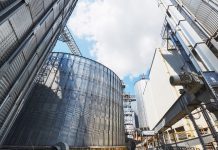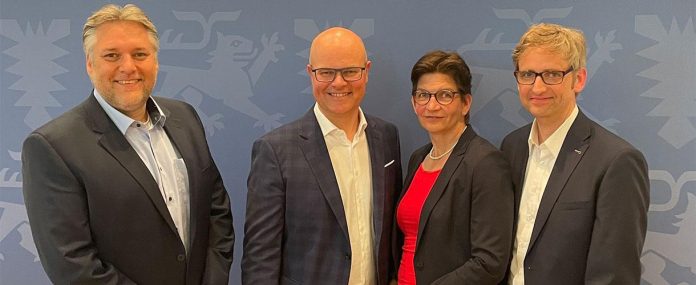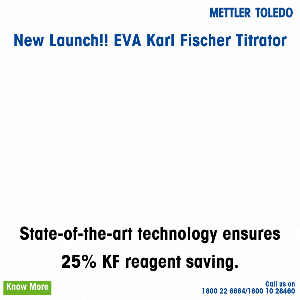With the aim of becoming a climate-neutral industrial state, Sasol Germany GmbH, alongside with other industrial companies from the chemical, cement and refinery sectors in the northern German state of Schleswig-Holstein, have joined forces with the state government of Schleswig-Holstein.
They signed an agreement describing the plans and measures of the individual companies to transform the industry on the west coast and the support of the Schleswig-Holstein state government in achieving the targets. This brings Schleswig-Holstein, the northernmost of Germany’s 16 federal states, a big step closer to its target of becoming a climate-neutral industrial state.
“By signing the agreement, Sasol Germany and the German sites are reaffirming their commitment to sustainability as a key corporate target. We are sending a clear signal that we are committed to achieving the climate neutrality targets,” said Judith Hübner, Managing Director of Sasol Germany GmbH.
The company has a site in Brunsbüttel, Schleswig-Holstein, which primarily produces surfactants and specialty chemicals such as carrier materials for catalysts to produce sustainable aviation fuels. In improving their greenhouse gas emissions, the German Sasol sites are pursuing the group-wide goal of reducing them by 30 percent by 2030 compared to 2017, based on emissions from their own production (Scope 1) and from external energy sources (Scope 2). Sasol Germany is pursuing concrete roadmaps and striving to achieve its sustainability targets with further projects.
In addition to the representative of Sasol Germany GmbH, the signatory parties included representatives of the companies Covestro Deutschland AG, Holcim (Germany) GmbH, Linde GmbH, Raffinerie Heide GmbH and YARA Brunsbüttel GmbH, which are also based there, as well as Energy Minister Tobias Goldschmidt.
The companies contribute to value creation and employment in Schleswig-Holstein. At the same time, their production leads to the emission of greenhouse gases, together around 3.5 million tons of CO2 in 2022. Decarbonisation projects that have already been planned or implemented alone are expected to reduce emissions by around 1.2 million tons of CO2 per year from 2030 at the latest.
In order to be able to leverage further emission reduction potential in the future, the framework conditions must be suitable and company-specific requirements must be met with regard to the technical feasibility, cost-effectiveness and financing of the emission reduction measures. As per the press release, together with the participating industrial companies and the state government, Sasol Germany GmbH is working on projects, measures and roadmaps to achieve climate neutrality on the west coast of Schleswig-Holstein.
































